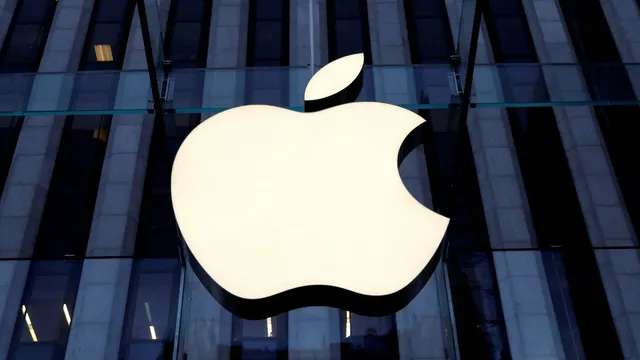- By Alex David
- Sat, 14 Jun 2025 11:53 PM (IST)
- Source:JND
Apple is implementing changes to how applications are found on the App Store with the introduction of AI-driven tagging, now available in the iOS 26 developer beta. Although these tags have not yet surfaced publicly or impacted the current App Store’s search functionality, industry watchers, including developers and marketers, await these changes with bated breath. The shift promises to enhance the discoverability of applications using AI to derive useful metadata from the applications, including their screenshots and descriptions, for improved classification and ranking.
What Are AI Tags in the App Store?
As we know from WWDC 2025, Apple is implementing automated app categorisation with AI. Unlike older methods relying solely on app titles and keyword lists, this approach:
- Uses AI algorithms (not traditional OCR) to extract data from images
- Analyses screenshots and in-text descriptions as well as category data
- Intelligently generates tags for more precise metadata assignment
- Offers some level of adjustable control for developers over tag management
These tags are expected to alter the fundamental mechanisms of search and recommendations in the App Store.
ALSO READ: iPhone 17, 17 Air, 17 Pro, 17 Pro Max: Full Lineup Tipped With New Designs, A19 Chips On The Way?
Screenshot Text Can Now Impact App Rank
Recently, Appfigures was looking into how text from screenshots of apps could influence their discoverability within the App Store. While they were looking into this, Apple told them that it uses advanced technologies for contextual reasoning based on the visual and descriptive metadata, like:
- The Screenshot Captions
- Text from the In-App User Interfaces
- Diagrams Suggesting Functionality
This creates a whole new aspect of SEO for apps — now app as well as in-app keywords may hold equal importance to written metadata.
Developer Control and Human Review
From the information Apple shared, it seems that developers now will:
- Have the ability to see and control which AI-generated metadata is associated with their app
- Get human moderation before the metadata is published on the App Store
This optimal blend ensures coverage of both automated methods of quality control and manual revision that retains relevance and precision in tag assignment.
ALSO READ: Elon Musk's Neuralink Helps Monkey See Things That Aren’t Really There: Aims To Restore Human Vision
How could this impact App Store SEO?
Even though AI tags are not yet affecting public search algorithms, developers should get ready by setting up the following:
- Ensure that the screenshots and other UI elements depict the app's features accurately.
- Stop keyword stuffing; context matters. The AI reads way more holistically than it just scans for keywords.
- Begin to think about how Apple might tag your app based on its current metadata.
As global features are rolled out, the understanding and optimisation of app visibility may be central concerning the AI-generated tags.
Final Thoughts
Moving to AI tagging shifts the App Store as a whole, since it alters how an app is found and ranked. It is best for developers who realign app visuals, descriptions and metadata to actual app features because those will reap the rewards when tags become available to everyone. The timeline for the full rollout is unknown, but the developer beta of iOS 26 gives us a glimpse of what’s to come for App Store SEO.

